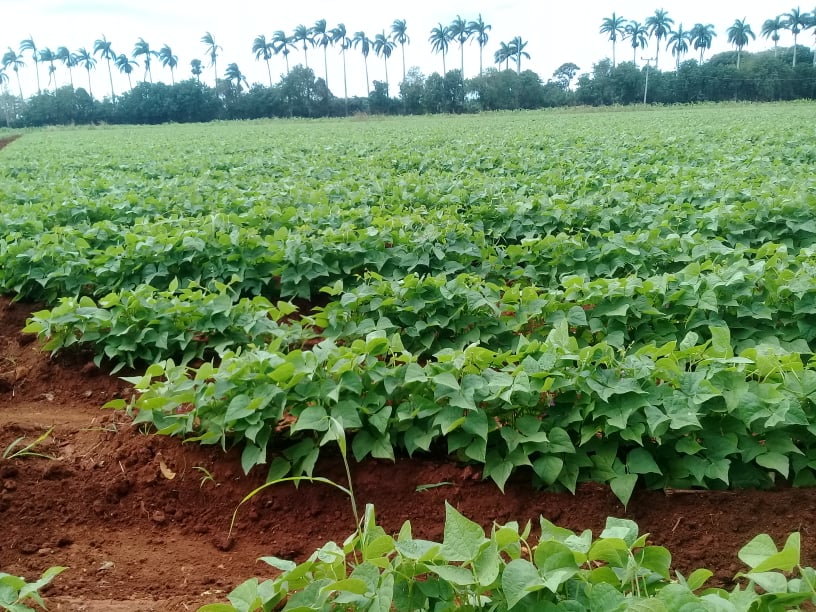
The National Soil Conservation and Improvement Program benefits the province of Ciego de Ávila, where degradation is reduced by more than 39 000 hectares, according to a report from the Provincial Soil Institute (IPS by its Spanish initials), belonging to the Delegation of the Ministry of Agriculture (MINAG).
The assignment of more than 12 800 000 pesos in the last five years has allowed to generalize the polygons of conservation and improvement of soils, waters and forests, adding 16 at the end of the year 2020, six of these associated with the fulfillment of the Cuban State Plan to face climate change (Life Task).
The evaluations carried out in the polygons indicate higher productive yields in agriculture, an increase in the forest index when timber and fruit species are planted, and increases in infiltration ditches, intercropping and cover planting.
The production and use of organic fertilizers (25,420 tons of worm humus, 81,150 of compost and 4,080 kilograms of biofertilizers), made it possible to reduce soil contamination, as revealed in a press conference of the Provincial Delegation of the Ministry of Science, Technology and Environment.
According to information recently published on the Ciego de Ávila`s Citizen Portal, the province shows a growing trend in the use of agroecological practices in the last five years, with positive results in pest control and environmental protection.
"The increase in the production of biopesticides (entomopathogens and entomophages) makes up for the deficit of chemical products in the country, responds to the prevailing climatic conditions and helps to maintain the ecological balance in the fields," the website itself stated.
The engineer Raúl Hernández Martínez, specialist in Biological Control of the Provincial Directorate of Plant Health, stressed that biopesticides are used in all the productive bases of the territory, including companies such as La Cuba, Arnaldo Ramírez, El Mambí and Agroindustrial D'Cballos, that are taxed to the national balance.
"Its use has had a favorable impact by achieving 65% effectiveness in the control and regulation of pests that affect crops of grains, viands, fruits, vegetables, tobacco and sugar cane, as the main ones," Hernández Martinez highlighted.
The territory of Ciego de Ávila has 11 entomopathogens and entomophages reproduction centers (CREE), distributed in eight of the ten municipalities of the province, with 11 production lines of bacteria, fungi, viruses and beneficial insects that intervene in the control and regulation of pests in plantations.




